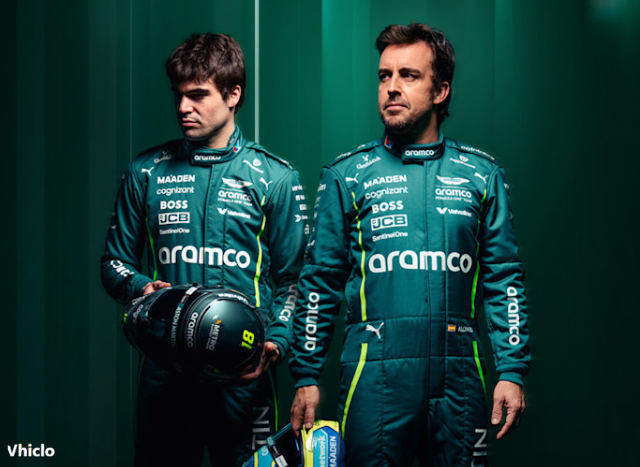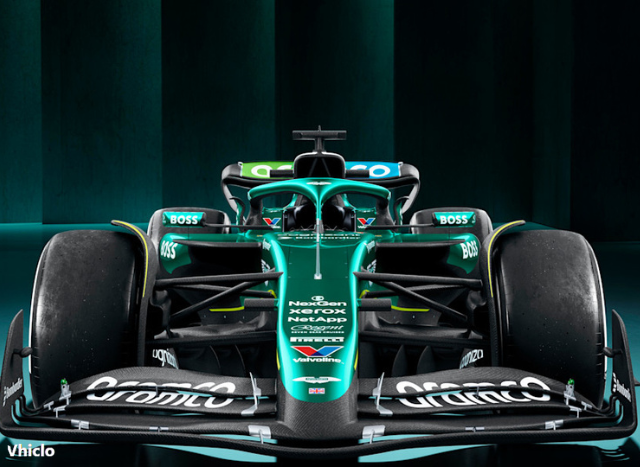Despite selling its stake in the Formula 1 team, Aston Martin remains deeply committed to F1 through long-term branding and sponsorship. Aston Martin Lagonda has confirmed plans to sell its entire shareholding in the Aston Martin Aramco Formula One Team (AMF1), sparking speculation about the brand’s future in Formula 1. However, this move does not signal an exit from the sport. Instead, it reflects a strategic financial decision as the brand continues its deep commercial involvement in F1.
Contents
- 1 A Misleading Signal: Manufacturer Selling Doesn’t Equal Team Exit
- 2 Understanding the Structure: Who Really Owns the F1 Team?
- 3 Why Is Aston Martin Selling Its Shares?
- 4 Who Could Buy Aston Martin’s F1 Shares?
- 5 Long-Term Branding Commitment Remains Intact
- 6 What It Means for Fans and the Team’s Future
A Misleading Signal: Manufacturer Selling Doesn’t Equal Team Exit
Unlike Daimler’s gradual dilution of its stake in Mercedes F1 or Renault’s sale of part of Alpine to U.S. investors, Aston Martin was never a majority stakeholder in its F1 team. Since November 2023, the company has only held a minority share, estimated at less than 10%, including future shares tied to secondary warrants valued at around £74 million.
In essence, Aston Martin has acted more like a title sponsor than a controlling owner. The team itself is operated independently by AMR GP, a structure led by Lawrence Stroll—the same businessman who also chairs Aston Martin Lagonda.
Understanding the Structure: Who Really Owns the F1 Team?
- Team Ownership: Led by Lawrence Stroll and his consortium via AMR GP.
- Aston Martin’s Role: Minority investor and title sponsor.
- Engine & Design: Not handled by Aston Martin; the company has no technical control.
Stroll originally acquired the assets of Force India, transitioning the entry to Racing Point before rebranding it under the Aston Martin name once he took control of the car company. While the name and branding suggest close ties, the F1 team has always been more of a marketing extension than a technical subsidiary of the manufacturer.

According to a company filing, Aston Martin is seeking to capitalize on the growing popularity and financial value of Formula 1. The total book value of its F1-related investments was approximately £74 million as of December 2024, with the current sale expected to strengthen Aston Martin Lagonda’s balance sheet by over £125 million.
“The group now proposes to sell its existing shares and the shares issuable on exercise of its secondary warrants, with a view to realizing a premium,” the company stated.
The deal also includes early exercise of those secondary warrants—originally due in 2031—and discussions have already taken place with AMR GP to facilitate the process.
While a buyer has not been named, options include:
- Aramco: Previously had rights to a 10% stake under its sponsorship deal, making it a logical candidate.
- New Strategic Investor: A U.S.-based investment group already holds a minority stake; others may follow suit.
- Raine Group: Commissioned by Stroll to handle the transaction and find the right strategic partner.
Long-Term Branding Commitment Remains Intact
Crucially, the sale does not affect Aston Martin’s branding presence in Formula 1. A new long-term sponsorship and licensing agreement—starting in 2026 and extending for at least five more years—is already in place. Lawrence Stroll emphasized that the Aston Martin name will remain in F1 “for decades to come.”
“These moves demonstrate that Aston Martin’s place on the Formula 1 grid is as secure as ever,” said Stroll in a public statement.
What It Means for Fans and the Team’s Future
While the optics of selling shares might suggest a withdrawal, the reality is quite different:
- No Change in Team Operations: The day-to-day management and long-term strategy of the F1 team remain unchanged.
- Aston Martin Brand Continues: The British racing green colors and branding will continue to grace the F1 grid.
- Financially Strategic Move: The sale provides liquidity to Aston Martin Lagonda while maintaining the brand’s motorsport visibility.
The headline-grabbing share sale is more about financial optimization than retreat. Aston Martin remains deeply invested in Formula 1 from a commercial standpoint, and its presence will continue to shape the sport’s future.
Automotive industry expert and editor of Vhiclo, specializing in car news, EV technology, and in-depth vehicle analysis. With years of experience in the field, Koutaibah provides trusted insights for enthusiasts and professionals alike.






